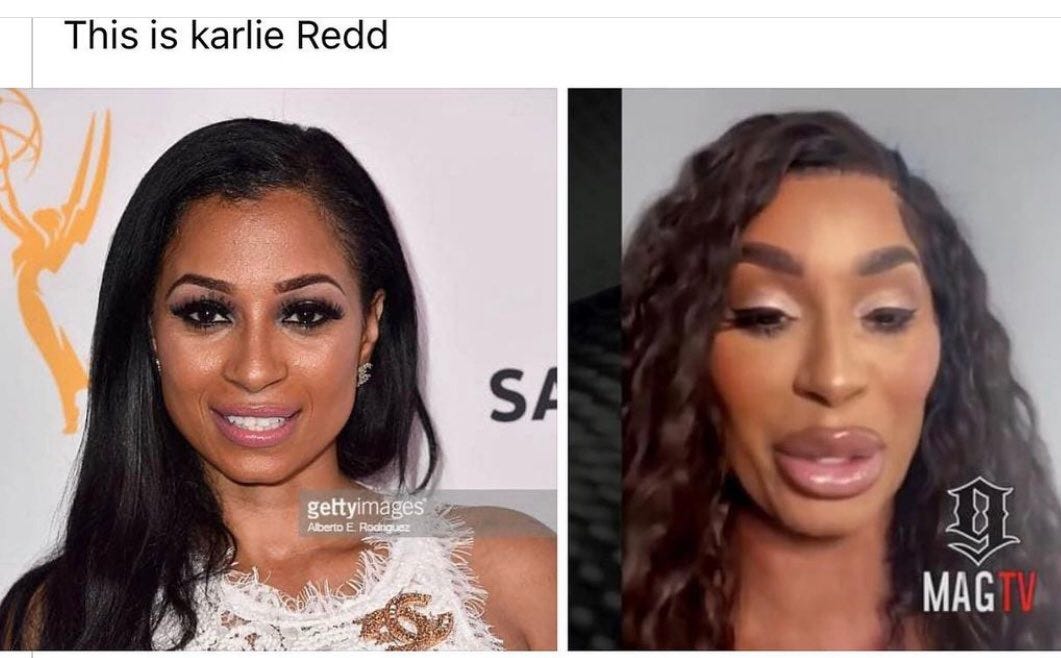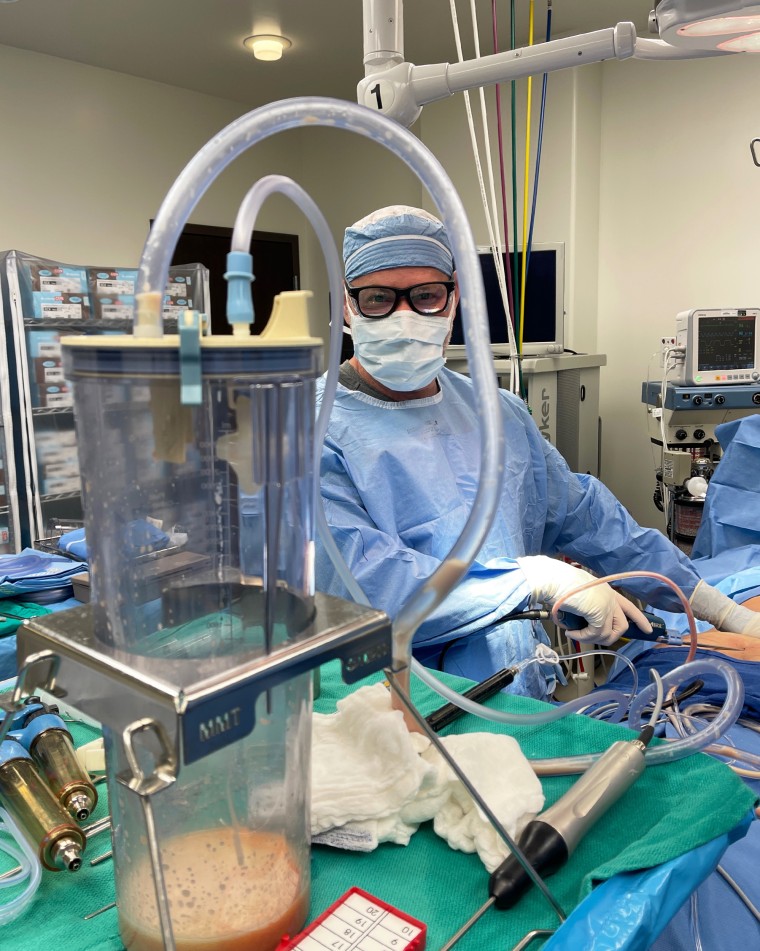Examining the Mental and Social Aspects That Drive People to Think About Plastic Surgery as a Way of Improvement
The decision to pursue cosmetic surgery usually prolongs past simple aesthetic appeals, intertwining with emotional and social dynamics that warrant extensive exam. Variables such as self-worth, prevalent societal appeal criteria, and the pervasive impact of social media converge to shape specific inspirations for medical improvement.
The Function of Self-Esteem
Self-worth considerably affects a person's decision to pursue cosmetic surgery. People with low self-confidence commonly regard themselves in a negative light, leading to sensations of inadequacy regarding their physical appearance.

Inevitably, the duty of self-esteem in the decision-making process concerning cosmetic surgical treatment highlights the complicated interplay between body image, individual satisfaction, and psychological health. Comprehending this connection is vital for health care experts to ensure that patients are making informed decisions rooted in practical assumptions and psychological wellness.
Social Appeal Specifications
Influenced by prevalent media representations and social stories, societal charm standards play a critical role fit individuals' perceptions of their very own bodies. These criteria are typically characterized by an idyllic kind of charm that stresses attributes such as youthful vigor, slimness, and balance. As these ideals are bolstered through different channels, consisting of television, film, and advertising and marketing, people regularly internalize these messages, causing discontentment with their all-natural appearance.
The implications of these societal standards expand past aesthetic choices; they can affect self-worth, mental wellness, and interpersonal connections. People who perceive themselves as disappointing these standards might experience sensations of insufficiency, prompting a need for plastic surgery as a way of accomplishing social authorization. This quest is often fueled by the idea that satisfying these perfects will boost not only physical look yet also social standing and personal satisfaction.

Influence of Social Network
The influence of social appeal standards is further intensified by the increase of social networks systems, where curated images and idyllic depictions of elegance are ubiquitous. Individuals are constantly exposed to filteringed system and modified pictures, which usually depict unattainable physical qualities. This exposure grows a culture of contrast, leading people to analyze their own look versus these commonly unrealistic benchmarks.
Social media influencers and celebs regularly promote aesthetic procedures, stabilizing the idea that surgical improvements are a viable methods for accomplishing social ideals (plastic surgery rancho cucamonga). The presence of these enhancements can create a perception that going through cosmetic surgical treatment is a typical technique, thereby influencing individuals to consider comparable interventions as a path to improved self-worth and social approval
Moreover, the interactive nature of social networks enables immediate feedback via sort and remarks, better enhancing the need to comply with prominent charm criteria. Such communications can exacerbate feelings of inadequacy and drive people towards cosmetic surgical treatment as a way of getting recognition. Ultimately, social media plays a crucial function fit understandings of appeal, which substantially impacts the decision-making processes bordering plastic surgery.

Cultural Viewpoints on Look
Across numerous cultures, perceptions of look are deeply rooted in historical, social, and economic contexts, forming people' sights on elegance and worth. In many cultures, look functions as a substantial pen of identity, affecting social status, specialist opportunities, and individual relationships. As an example, in some societies, light skin is frequently linked with wealth and benefit, while others might idealize darker skin tones as icons of strength and credibility.
Furthermore, conventional appeal standards are frequently continued through social stories, media depictions, and household influences, leading to differing ideals throughout different areas (plastic surgery rancho cucamonga). In Western cultures, the emphasis on young people and physical conditioning frequently drives individuals towards aesthetic enhancement, while in certain Eastern cultures, even more subtle adjustments lined up with typical appearances might be chosen
Globalization and the proliferation of digital media have better complicated these dynamics, developing a hybridization this link of elegance perfects that transcends geographical limits. As individuals significantly browse these cultural stories, the stress to comply with particular appearance standards can bring about the desire for plastic surgery, reflecting a complex interplay of social values and personal ambitions. Comprehending these cultural point of views is important in resolving the motivations behind plastic surgery considerations.
Psychological Impacts of Cosmetic Surgical Procedure
Lots of individuals seeking plastic surgery report experiencing profound psychological impacts that can dramatically change their self-perception and emotional health - plastic surgery rancho cucamonga. The desire for physical enhancement commonly originates from underlying problems such as reduced self-esteem, body dysmorphic disorder, or societal pressures pertaining to charm standards. For some, the instant post-operative stage can result in a short-lived boost in positive self-image and fulfillment with their look, promoting a sense of empowerment
Nevertheless, these favorable sensations might not be enduring. Study shows that while some clients experience improved self-worth, others may face intense stress and anxiety or depression if their expectations are not fulfilled. This disparity can develop from unrealistic suitables perpetuated by media representation and cultural stories surrounding elegance.
Moreover, the emotional implications of cosmetic surgical treatment expand beyond the individual. Relationships with friends and family may be stressed as social characteristics shift, bring about sensations of seclusion or alienation. Inevitably, the psychological impacts of plastic surgery are complex and complicated, calling for careful consideration by both possible patients and medical care service providers to make certain enlightened decision-making and sensible expectations.
Conclusion
Finally, the choice to seek plastic surgery is dramatically influenced by a mix of self-esteem concerns, societal beauty requirements, and social perspectives on appearance. The prevalent reach of social media sites better website here intensifies these stress, advertising impractical perfects that individuals typically strive to achieve. Comprehending these emotional and social factors is necessary for attending to the motivations behind cosmetic surgical treatment, highlighting the requirement for a much more nuanced discussion bordering appeal and self-acceptance in modern society.
The choice to seek cosmetic surgery commonly prolongs past mere aesthetic appeals, intertwining with emotional and social dynamics imp source that merit comprehensive exam. Inevitably, social media plays a crucial function in shaping assumptions of charm, which considerably influences the decision-making processes surrounding cosmetic surgery.
As people increasingly navigate these social stories, the stress to conform to details appearance criteria can lead to the need for cosmetic surgical procedure, mirroring a complicated interplay of cultural worths and personal aspirations.In conclusion, the decision to go after cosmetic surgery is substantially influenced by a mix of self-confidence concerns, social elegance criteria, and cultural point of views on appearance. Comprehending these social and mental variables is vital for attending to the motivations behind cosmetic surgical procedure, highlighting the requirement for a more nuanced conversation bordering charm and self-acceptance in modern society.